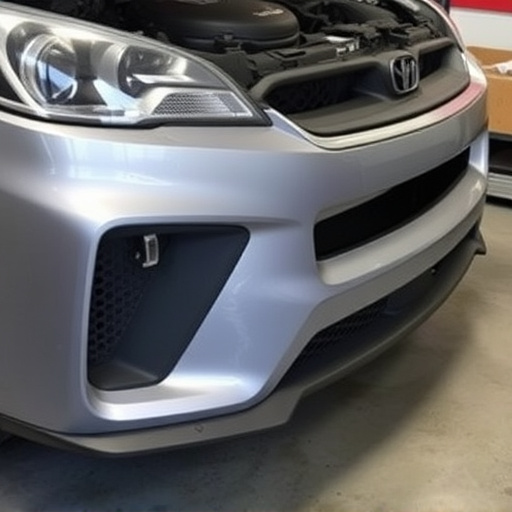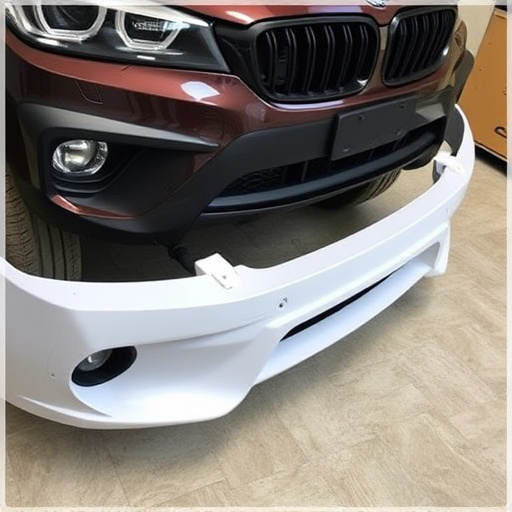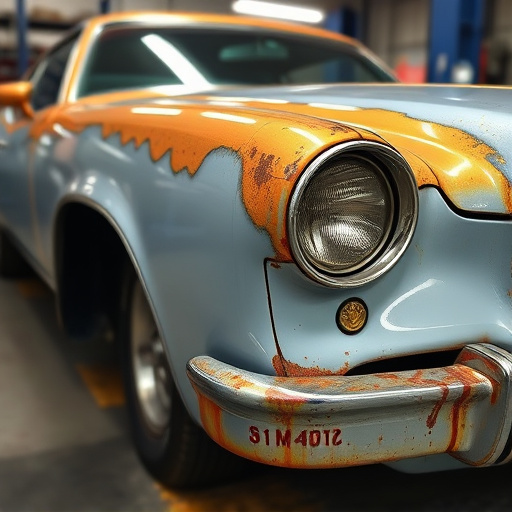Understanding rental car insurance coverage is crucial to avoid unexpected costs. Basic insurance covers third-party liability but may exclude damage to your own vehicle or personal belongings. Supplemental options like CDW and Loss of Use Fees protect against these. Exclusions vary, including left-behind items and minor collisions. Comprehensive protection offers broader coverage for theft, vandalism, and natural disasters, essential for extended rentals or high-risk areas.
Before hitting the road, understanding your rental car insurance coverage is crucial. This guide breaks down everything you need to know about basic policies, common exclusions, and how to customize your protection for a seamless travel experience. Rental car insurance coverage isn’t one-size-fits-all; be aware of what’s included and what’s not to avoid unexpected costs. By the end, you’ll be equipped to make informed decisions and navigate your rental with confidence.
- Understanding Basic Rental Car Insurance Coverage
- Common Exclusions and What They Mean
- Customizing Your Policy for Comprehensive Protection
Understanding Basic Rental Car Insurance Coverage

When you rent a car, it’s crucial to understand your rental car insurance coverage, as it can significantly impact your financial responsibility in case of an accident or damage. Most rental car companies offer various levels of insurance protection, but these plans aren’t one-size-fits-all. The basic rental car insurance typically covers third-party liability, which shields you from legal and medical costs if you cause harm to others during the rental period. However, it may not cover damages to your own vehicle or personal belongings.
This is where secondary coverage options come into play, such as collision damage waiver (CDW) and loss of use fees. CDW protects against vehicle restoration costs in case of accidents, including repairs like car dent repair and even vehicle paint repair. Additionally, loss of use fees compensate you for the time your rented car is out of commission due to necessary repairs, ensuring you’re not left with unexpected expenses.
Common Exclusions and What They Mean

Many rental car insurance policies have specific exclusions, which are situations or events that are not covered by your policy. Understanding these common exclusions is crucial when it comes to knowing your rental car insurance coverage. For instance, personal belongings and items left in the vehicle are often not insured against theft or damage. This means if you leave valuable items in the car and they get stolen or damaged, your standard rental car insurance won’t provide compensation for their replacement or repair.
Another exclusion is what’s typically referred to as a “fender bender” or minor collision. If you’re involved in a low-impact accident, such as scraping another vehicle or hitting a road barrier, the cost of auto body repair may not be covered by your rental car insurance. You might need to rely on your personal auto insurance or pay for these repairs out of pocket. Collision repair shops often charge significant fees for even relatively minor fixes, so being aware of these exclusions can help you budget and plan accordingly when renting a vehicle.
Customizing Your Policy for Comprehensive Protection

When customizing your rental car insurance policy, one crucial aspect to consider is comprehensive protection. This goes beyond the standard liability coverage that protects you against damages caused to others during an accident. Comprehensive insurance covers non-liability incidents such as theft, vandalism, or even natural disasters like storms and floods. It’s essential for renting longer periods or in areas with higher crime rates.
By opting for comprehensive coverage, you can rest assured that your rental car is protected from various unexpected events. This includes damages to the vehicle’s exterior, like car scratch repair, as well as interior issues. Moreover, if your rental car suffers auto glass repair needs due to a break-in or accident, comprehensive insurance typically covers these repairs or replacements without breaking your bank. Remember, a vehicle body shop visit can be costly, so having this coverage ensures peace of mind and financial protection during your rental period.
Knowing your rental car insurance coverage is vital for a stress-free travel experience. By understanding the basics, recognizing common exclusions, and customizing your policy as needed, you can navigate the road with confidence. Always review your rental agreement and insurance options before driving off to ensure comprehensive protection that suits your needs. Remember, being prepared can prevent unexpected financial burdens and enhance your overall journey satisfaction.














